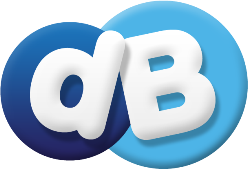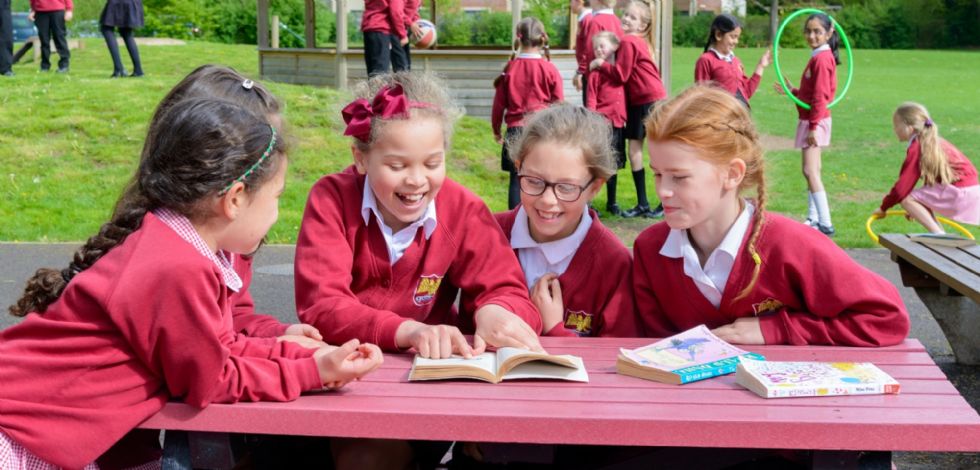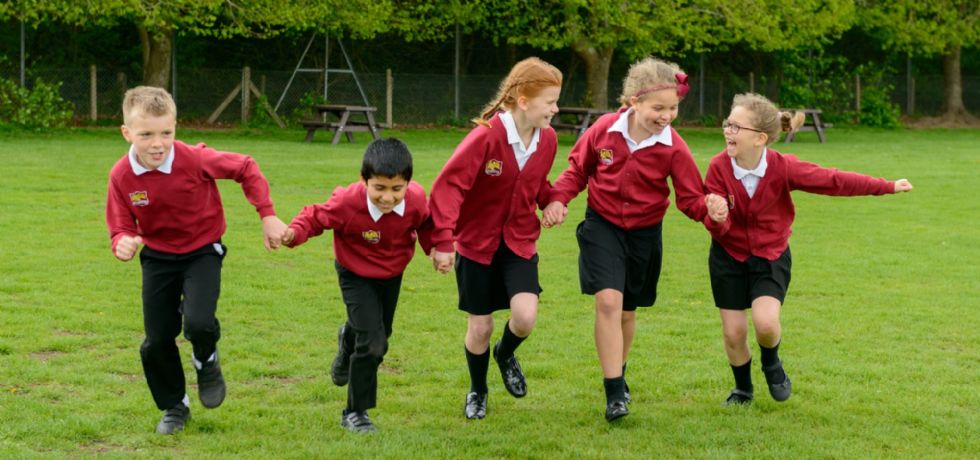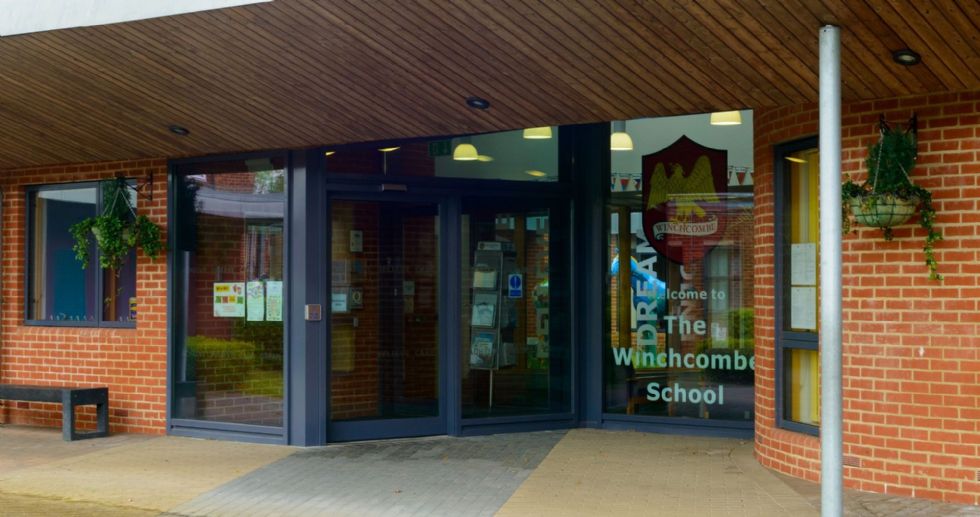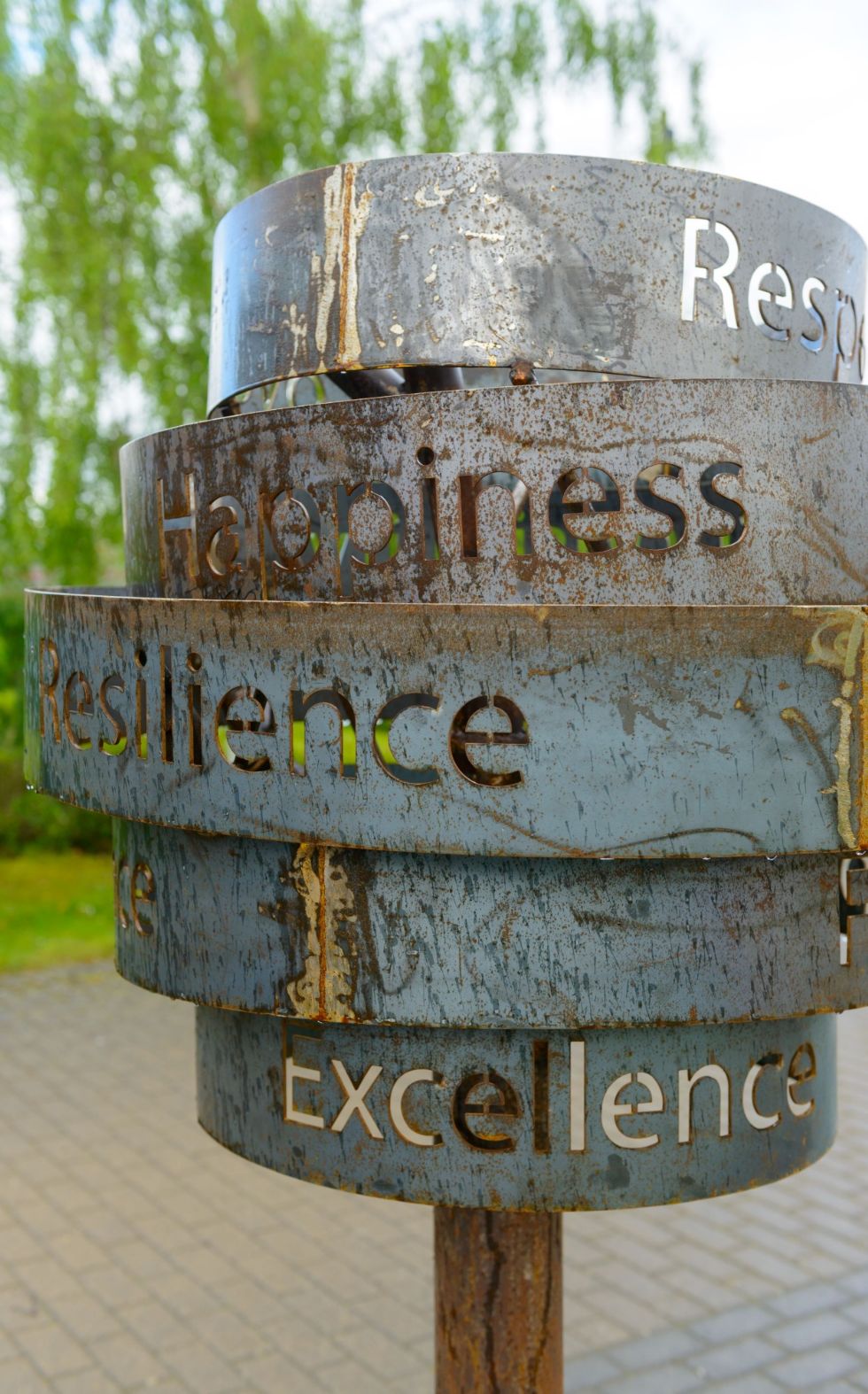Computing
What is our Philosophy?
At the Winchcombe School we aim to provide a high-quality computing education which equips children with skills that are essential in the 21st Century. Throughout the curriculum our eyes are on the future; many of the contexts that frame the children’s studies are professions that use computing all the time. Our children are the future engineers, designers, film directors and musicians, so we want to foster their aspirations as well as teach them the knowledge and understanding that the 21st century economy requires. They will also learn the collaborative skills that underpin so many aspects of our digital lives, be it for the purpose of enjoyment, future education or professional necessity.
What is taught?
Through their learning, children will understand the key principles of computer science. They will apply and extend this knowledge when building programs that achieve specific aims.
They will learn to create digital content, using a range of hardware and software, which catches the eye and inspires the mind. They will learn how to use technology to give a communicable shape to their ideas.
They will develop the digital literacy to express themselves coherently and imaginatively in the 21st Century. In so doing, they will learn to be responsible and safe users of internet technologies (with particular reference to social media), as they journey towards adulthood.
How is it taught?
Our Computing curriculum is taught using a deliberate range of technology. They will use iPads, PCs and Chromebooks, which represents the three biggest names in technology (namely, Apple, Microsoft and Google). Children are taught to collaborate and communicate in safe digital environments, namely Microsoft Teams and Google Education. The teaching of Programming is supported by Teach Computing , but we have mapped our own pathways through their content which really meets the needs of our pupils. At times, children will have their own device, while at others they will share a device with a partner; what the children are learning always dictates which model is best, not availability of devices.
Children are most frequently taught in ‘blocks’ of lessons; a series of 6-8 lessons which happen sequentially through a week or two. This enables children (and teachers) to develop a depth of understanding, and make the most of their learning time. Some units dovetail with the class topic so neatly, that lessons may be periodic throughout the whole term (e.g. Creating a Wiki about Greenham Common).
How is progress measured?
Progress is assessed each year against the following aspects:
- Understanding Computer Science
- Using Computer Science
- Using Information Technology
- Becoming digitally literate
What does success look like at The Winchcombe School?
By the end of Year 6 children will:
- Understand the fundamental principles of computer science (including abstraction, logic, algorithms and data representation) to analyse problems and suggest solutions in computational terms.
- Understand how to apply the fundamental principles of computer science, by developing a practical understanding of how to write and debug computer programs which solve a variety of problems
- Understand how to use information technology to create high-quality digital content, to shape and communicate complex ideas and interpret the 21st century world (using a range of software and hardware).
- Understand how to be digitally literate – safe, responsible and creative users of information technology.

